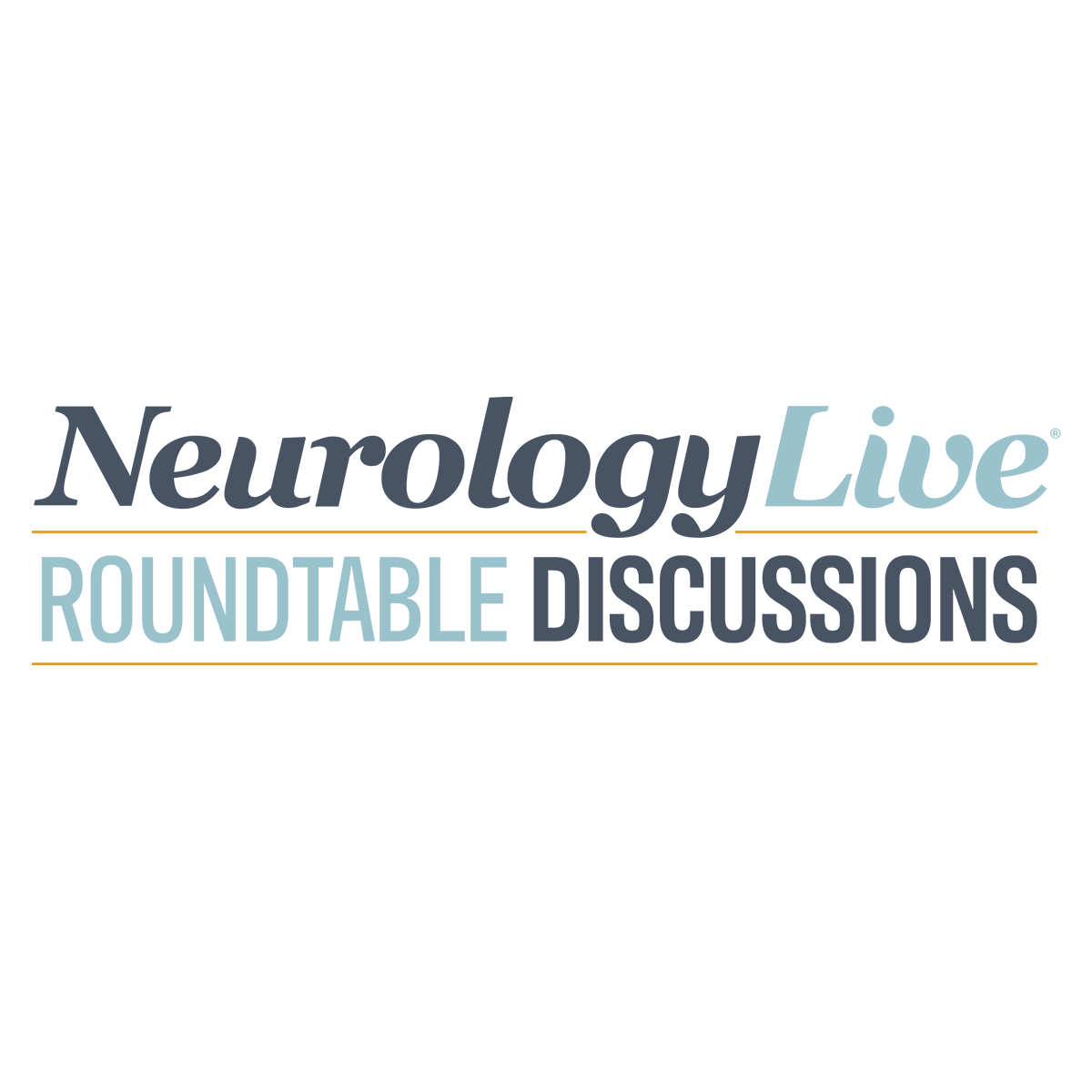
Aligning Educational Courses With Trends in Neurology

John England, MD, and Lisa Merlin, MD, commented on the significant changes to neurology over the years and how education aligns with the latest in treatments advancements and understanding of neurological disorders.
The Association for University Professors of Neurology (AUPN) held its first official meeting on June 12, 1967, in Atlantic City, New Jersey, led by interim chairman Dr. Maynard Cohen. This meeting established the Constitution and Bylaws and elected the initial Board of Trustees, comprising Dr. Cohen, Dr. David Daly, Dr. Erland Nelson, Dr. David Clark, and Dr. Norman Geschwind. Following the formal adoption of the Articles of Incorporation and Bylaws in 1968, the organization's initial officers were elected, with Dr. Cohen serving as the first president.
The organization began its activities in June 1968, addressing various issues such as relationships with the Council of Academic Societies, evaluation of training programs, the impact of federal programs on neurologist training, and research funding. Major concerns for AUPN included legislative issues, representation of neurology, curriculum development, and maintaining communication with key medical organizations. Notable efforts included advocating for the reinstatement of the internship requirement for neurology certification and developing the Neurology Matching Program (NEMP) to streamline resident recruitment and appointments.
On September 14th, the organization will host its first-ever annual meeting, held at the Hilton Orlando Convention Hotel in Orlando, Florida. The AUPN Annual Meeting takes place in conjunction with the 149th Annual Meeting of the American Neurological Association (ANA). Prior to the meeting, NeurologyLive® hosted a panel discussion featuring John England, MD, current president of AUPN, and Lisa Merlin, MD, FAAN, FANA, one of the organizers of the meeting.
England, who also serves as the Richard M. Patterson Professor and chair of neurology at the LSU Health Science Center School of Medicine, and Merlin, who is the Distinguished Professor and vice chair for education at Downstate Health Sciences University gave a few words on some of the changes in neurology over the years, and how the upcoming meeting will align with where trends are headed.
For more information on attending the meeting,
Transcript is edited below for clarity.
Lisa Merlin, MD: I think the N.E.A.T (Neurology Educator Advancing Teaching) workshop actually most relevant to the newest trends in neurology and especially in neurology education, because they're going to be educating the audience in the newest teaching methodologies and how to use them and implement them to help advance teaching at all levels, whether it's the preclinical student, the clerkship student, the resident, anybody. In fact, it offers advanced continued medical education as well. So using PBL, TBL, neuroscience mapping of mechanisms. It's very cool, it's going to use all the latest approaches to get everybody up to speed.
John England, MD: Yeah, I think that is a very important part of what we're doing. Neurology is now at the point where we are finding so many new treatments, new mechanisms of disease. When I started in neurology, a lot of my senior professors said, “Why do you want to do neurology? All you do is diagnose weird things, and you can't treat anybody"
Lisa Merlin, MD: "Diagnose and Adios, right?"
John England, MD: Yeah, that’s how it used to be. We are in an era where we can not only diagnose many things, but we can treat many of the neurological diseases very effectively. You just have to look at TV and commercials to see the advances in migraine treatment and the treatment of stroke and myasthenia gravis, and there are numerous other advances in neuroimmunology, neurogenetics, epilepsy, and all of the fields. Not even to forget the fact that we now have some new treatments for cognitive impairment and early Alzheimer disease. These are really exciting times for neurology. We have a shortage of neurologists in this country, it's going to grow even greater. And I think that if we can impart enthusiasm for what we do, we'll be much better off in the future.
Newsletter
Keep your finger on the pulse of neurology—subscribe to NeurologyLive for expert interviews, new data, and breakthrough treatment updates.











